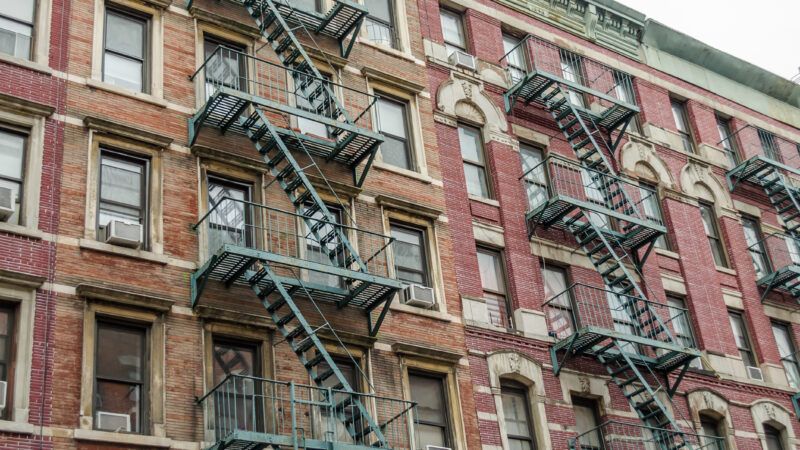New York City Considers Requiring Landlords to Provide Free Internet to Tenants
A new bill introduced by Council Member Ben Kallos would require landlords to provide broadband internet. It would also forbid them from passing on the costs of internet service to tenants.

Eviction moratoriums effectively required landlords to provide free housing to non-paying tenants during the pandemic. In New York City, landlords might soon have to provide free internet services as well.
A new bill introduced by New York City Council Member Ben Kallos would require the owners of buildings with 10 or more units to provide their tenants with free broadband internet service.
"We can finally end the digital divide and bridge the homework gap by making sure every apartment in New York City comes with Internet," said Kallos in a statement. "You can't get a vaccine if you can't get online to schedule or even find an appointment, this pandemic has shown that the Internet is now a necessity."
A press release from Kallos' office cites a 2020 Citizen's Committee for Children report finding that 500,000 households in the city have no internet access.
His bill gives building owners the option of directly contracting with a broadband internet service provider or connecting each unit via ethernet cable to the internet. Owners would also have to install the wiring and ethernet ports necessary to provide that internet service in each unit.
Cable installers who spoke with Reason declined to provide ballpark figures for how much this might cost building owners, citing the large number of factors that could influence a project's cost.
The home remodeling cost website Fixr estimates that installing the kind of cable required by Kallos' bill would cost up to $6,000 in an existing single-family home. The costs of installing it in a larger building would likely be much higher.
Kallos' bill would forbid property owners from passing the costs of cable installation and internet service onto tenants.
When the New York state legislature put stricter limits on the kinds of maintenance and capital expenditures that the owners of rent-stabilized buildings (where allowable rent increases are capped by New York City's Rent Guidelines Board) could pass onto tenants, critics warned that landlords would simply cut maintenance spending, leading to "shabbification."
Landlord groups have said that building owners will respond similarly to an internet service mandate.
"The cliche term 'there is no free lunch' applies perfectly to rent stabilized apartment buildings," wrote Jay Martin, executive director of the Community Housing Improvement Program, a landlord group, on Twitter. "Every mandate, every regulation, every 'free' requirement pushes the cost to operate them higher. That forces owners to increase rents/provide weaker quality housing."
At a minimum, landlords wouldn't have a huge incentive to provide quality internet service for free.
Owners of unregulated units would have more freedom to include the costs of internet service in rent increases. That could also be a bad deal for tenants who try to save money on an in-home internet service plan by making use of phone data plans or free Wi-Fi provided by nearby businesses and public libraries. Those tenants would end up paying for the costs of an internet plan they don't want in their rent each month.
Kallos' bill does say that the city can provide grants, loans, tax abatements, and other incentives to building owners to cover the costs of internet installation, but it doesn't include any funding for those incentives.
Owners of existing buildings would have until January 2026 to comply with the law if it is enacted.
Rent Free is a weekly newsletter from Christian Britschgi on urbanism and the fight for less regulation, more housing, more property rights, and more freedom in America's cities.


Show Comments (87)